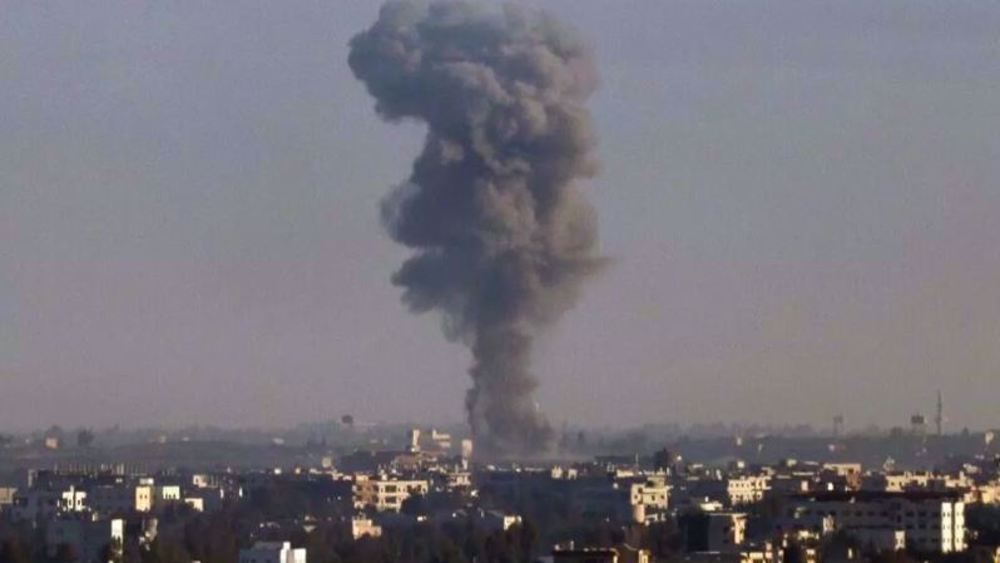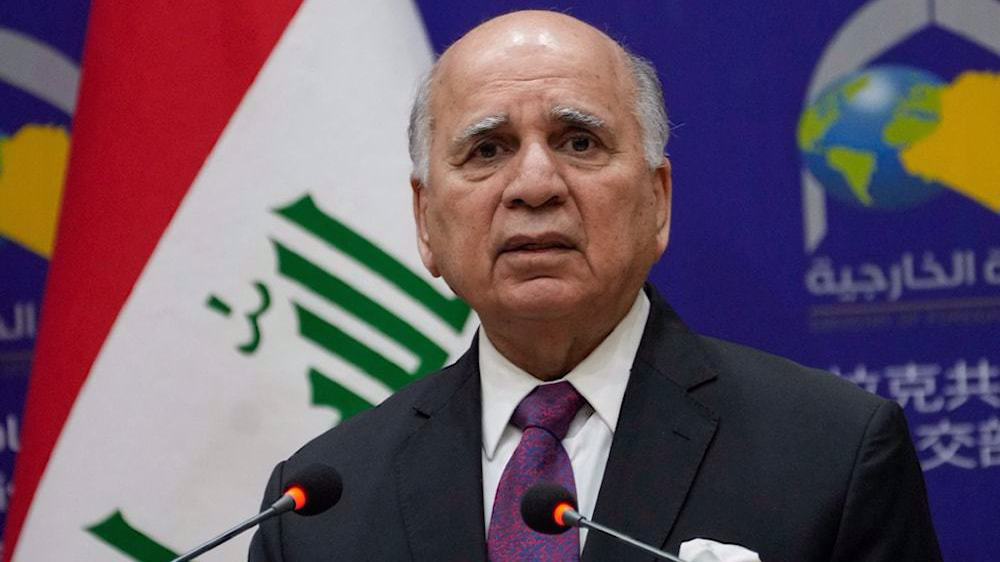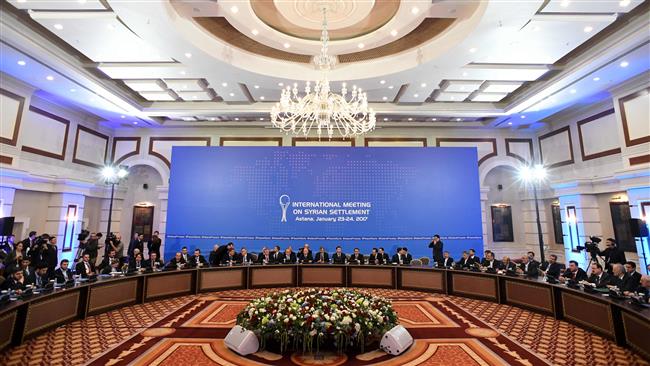Fresh round of Syria peace talks held in Kazakh capital
Delegates from the Syrian government and opposition groups have attended a fresh round of peace negotiations in Astana, Kazakhstan, in a new phase of the diplomatic process mediated by Iran, Russia and Turkey.
Thursday’s discussions, which were held behind closed doors, are viewed as a warm-up in the run-up to a separate round of UN-led talks on the Syria crisis slated to be held in the Swiss city of Geneva on February 23.
A one-on-one meeting between Syria’s warring sides seemed unlikely, but a plenary session involving all parties was on the agenda.
The Syrian government delegation was represented by its Permanent Representative to the United Nations Bashar al-Ja’afari.

Opposition spokesman Yehya al-Aridi said on Wednesday the opposition would be led by Mohammad Alloush, a leading figure of the Saudi-backed Jaish al-Islam militant group.
The Astana negotiations were expected to focus mostly on bolstering a Syria-wide ceasefire that has been in place since December 30, 2016.
The first round of Astana talks were similarly mediated by Tehran, Moscow and Ankara. They took place in January and brought together representatives from the Damascus government and opposition groups for the first time during nearly six years of conflict.
The trio agreed on the establishment of a mechanism to support the truce, underlined the importance of maintaining the national sovereignty of Syria, and stressed that there was no military solution to the conflict in the Arab country.
Read more:
UN envoy, Russian FM discuss Syria crisis
In a relevant development on Thursday, UN Special Envoy for Syria, Staffan de Mistura, and Russian Foreign Minister Sergei Lavrov exchanged views on the Syrian crisis during a meeting in Moscow.
Lavrov told the UN envoy that he hoped for progress at the upcoming Syria talks in Geneva.
He also hailed De Mistura’s efforts to implement UN Security Council Resolution 2254, which was unanimously adopted in December 2015 to help bring an end to the conflict in Syria.
"We tried to help by agreeing with our Turkish and Iranian colleagues on a ceasefire between the government and the opposition on a large part of the Syrian territory. We also tried to stimulate the process of implementation of resolution 2254 by introducing the political aspect in the meetings which have been held in Astana,” Lavrov said.
The top Russian diplomat further underlined the need for armed opposition groups, who had signed the cessation of hostilities, to join the Syria political negotiations.
He also described Moscow’s introduction of a possible draft constitution for the Arab country as a “stimulation for real genuine talks between all Syrians.”

The UN envoy, for his part, expressed his support for the Astana initiative, saying it serves as a prerequisite for intra-Syrian talks.
"We were looking forward -- all of us -- to come here to discuss exactly what you mentioned: how to make sure that the Astana initiative -- which we strongly support, because we feel that focusing on the cessation of hostilities is the beginning of everything -- related to any negotiation in Syria, he said.
He added that the Astana initiative “helps … the holding of the Geneva talks.”
De Mistura also announced plans to meet Lavrov for further talks in the German city of Munich.
Since March 2011, Syria has been gripped by a militancy it blames on some Western states and their regional allies.
De Mistura estimated in August last year that more than 400,000 people had been killed in the crisis until then. The UN stopped its official casualty count in the war-torn country, citing its inability to verify the figures it receives from various sources.
Jan. 15: ‘Axis of Resistance’ operations against Israeli occupation
VIDEO | US fires: Criticism mounts over govt. failure to respond
VIDEO | Fears, hope in Gaza amid intensified ceasefire efforts
VIDEO | Press TV's news headlines
Hamas: Ceasefire agreement result of steadfastness, resistance in Gaza over 15 months
Hamas thanks Iran, Resistance Front following achievement of ceasefire in Gaza
'Capitulation': Israeli officials and media concede Gaza defeat as truce unfolds
'Gaza has won': Social media users react to ceasefire with mix of relief, joy














 This makes it easy to access the Press TV website
This makes it easy to access the Press TV website